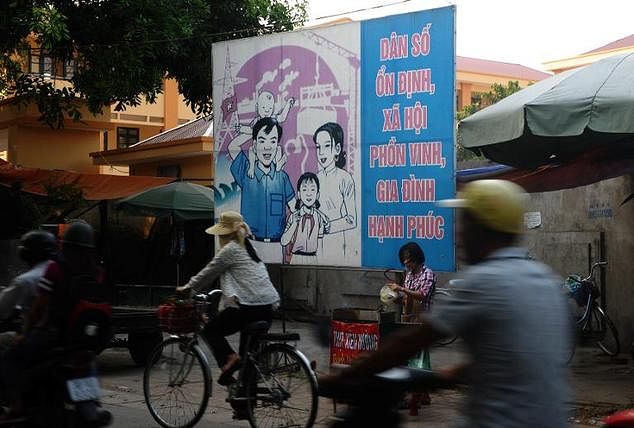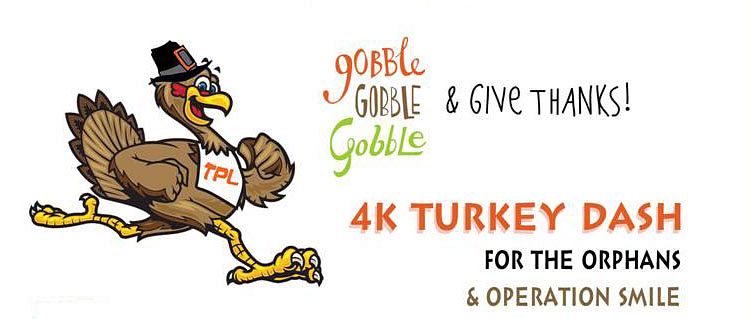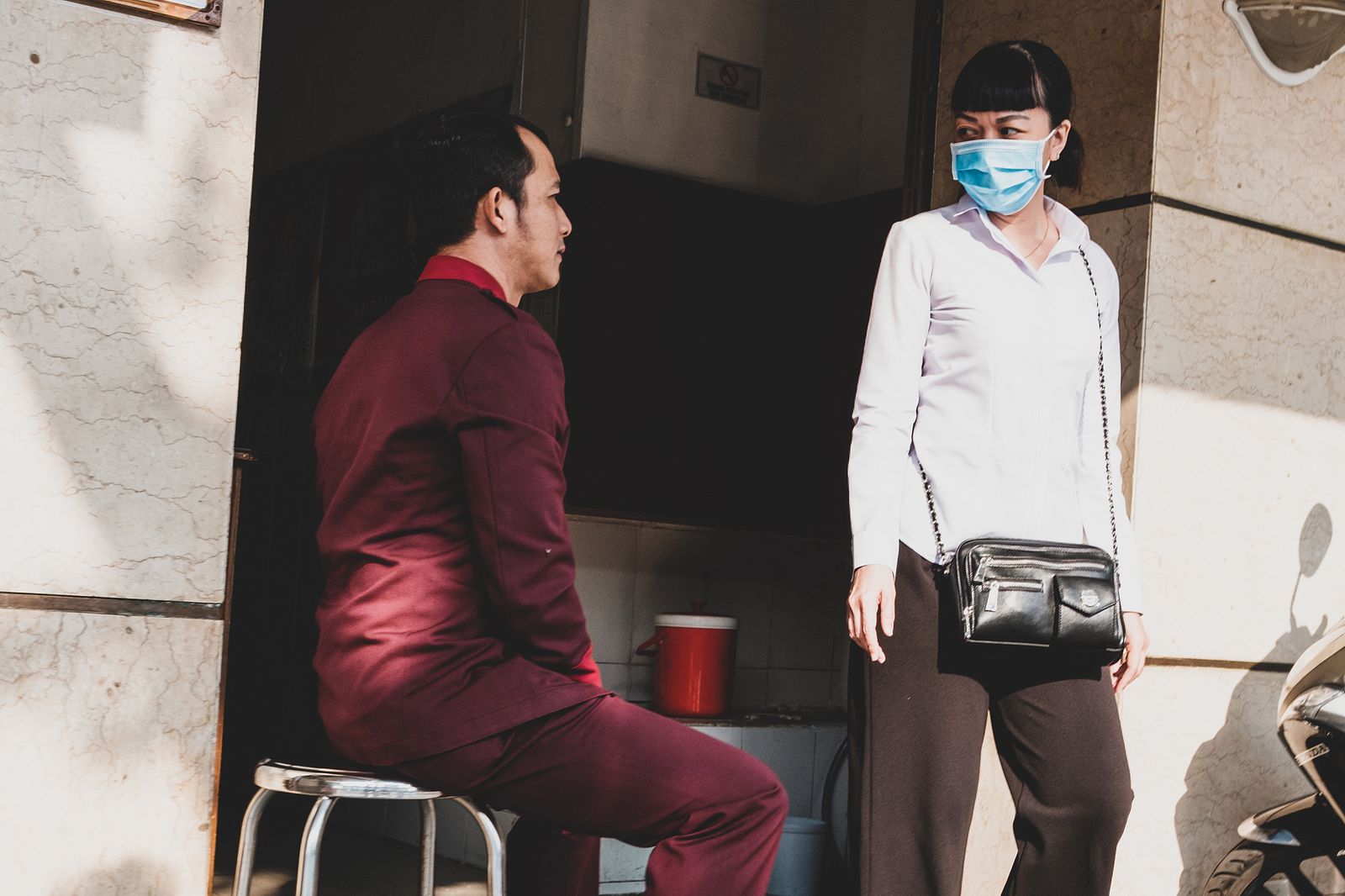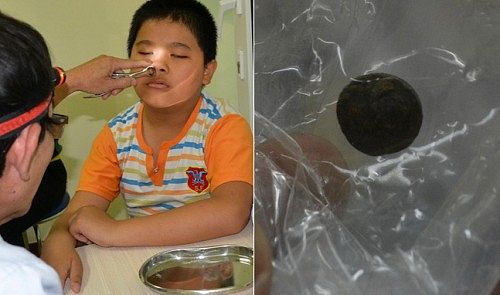According to Thanh Nien, the government proposal to increase taxes on alcohol and cigarettes won’t stem their consumption. The proposal under the Ministry of Finance would take effect from July 1, 2015 if approved. This would see excise tax on beer and spirits increase from 50% to 65%. The tobacco rate would also be hiked up from 65% to 75% and to a further 85% in 2018.
While the additional taxes will bring in an additional VND8 billion in revenue, experts say that the small tax increase won’t do much in the way to discourage smoking and drinking as they would still be affordable to the masses. Smoking and drinking beer and alcohol are also part of Vietnam’s cultural fabric. Consumers also view alcohol as beneficial to building good relationships with business partners and drinking sessions can last from noon ‘till midnight.
Smoking:
- Around 24% of Vietnam’s 90 million smoke; with an additional 46.8 million women and children victims of second-hand smoke.
- According to the World Health Organization (WHO) it is estimated that 40,000 people die each year from smoking-related diseases in Vietnam with the figure expected to soar to 70,000 by the end of 2030 if action isn’t taken.
- You can buy a packet of cigarettes for VND10,000 and the consumption tax would only increase the price to a still very affordable VND11,000.
It is a sad fact that Vietnam has one of the highest smoking rates in the world but one of the lowest tax rates for tobacco products in SE Asia. As it stands, the tax rate is only 40% of the retail price which is not anywhere near the level advised by the WHO, asserts Johanna Birckmayer from NGO Campaign for Tobacco-Free Kids. Other countries such as Thailand and Singapore have increased excise rates well above 40%.
Protectionist policies also stand in the way of curbing consumption. The Trans-Pacific Partnership (TPP) is a US-led free trade pact, that, if signed will increase global trade with Vietnam. If tobacco is included in this agreement, tobacco companies would be able to use trade rules to overcome government anti-smoking regulations. Anh of HealthBridge warns the consequences of this would be horrendous and smoking would continue on with devastating effects.
Drinking:
- Vietnamese drank three billion liters of beer in 2012 making them the number one consumer in the whole of Southeast Asia.
- The Ministry of Industry and Trade aims to increase this number to four billion liters by 2015 and six billion by 2025.
The beer market is doing impressively well in Vietnam. Beer and alcohol are in high demand here and the Ministry stresses the importance of boosting production to meet the ever-growing demand. Locally brewed Saigon Beer is opening up breweries nationwide with no signs of slowing down. The proposed 15% tax increase isn’t enough to bother them and the TPP would also place emphasis on cutting taxes on imported beer.
It seems then that nothing will stand in the way of Vietnam’s growing consumption of cigarettes and beer. As the country is integrating into the World Trade Organization and possibly the TPP, more opportunities for imports and foreign investment appear attractive to the government. However, the breakdown of trade barriers comes at a price – the nation’s health.
Countries and cities across the globe have been attempting to reduce alcohol and cigarette consumption.
The Australian government’s 2010 tax increase has driven down tobacco consumption by around 11%," states Oliver from the Cancer Council. According to a study published in the journalPLoS One, New York’s massive cigarette taxes (VND91,000/pack) have had a real impact on consumption rates:
- From 2003 to 2010 (the period examined in the study), New York reduced adult smoking by 28 percent, from 21.6 percent to 15.5 percent who currently smoke. In contrast, the national smoking rate fell by only 11 percent, from 21.6 percent to 19.3 percent.
- From 2003 to 2011, New York reduced high school smoking by 38 percent, from 20.2 percent to 12.5 percent who currently smoke. In contrast, the national high school smoking rate declined by 17 percent, from 21.9 percent to 18.1 percent.
Without significant taxation, these new regulations will simply generate more tax revenue rather than curb their use.
[Thanh Nien // photo via Stungy2010]














